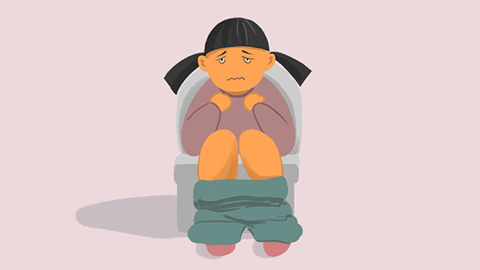Can rectal bleeding caused by hemorrhoids heal on its own?
Generally, hemorrhoids patients may experience spontaneous recovery from rectal bleeding when symptoms are mild and caused by transient factors. However, if symptoms are severe or the condition is complicated, spontaneous recovery is unlikely. If any abnormalities occur, timely medical attention is recommended. Detailed analysis is as follows:

When rectal bleeding is caused by mild internal hemorrhoids or occasional consumption of spicy foods or prolonged sitting, with minimal bleeding表现为 only blood on toilet paper after wiping or dripping bleeding after bowel movements, and without other symptoms such as prolapsed hemorrhoids or pain, spontaneous recovery may be achieved by adjusting lifestyle habits. Prompt improvement of dietary structure, increased intake of dietary fiber, maintenance of regular bowel habits, avoiding prolonged sitting, and warm water sitz baths to promote blood circulation can gradually repair local damage in the anal area, and the rectal bleeding will stop accordingly.
If the rectal bleeding is heavy, jet-like, or recurrent and persistent, accompanied by prolapsed hemorrhoids that cannot be reduced and severe pain, spontaneous recovery is often unlikely. These symptoms indicate a severe hemorrhoid condition with significant dilation and rupture of local venous plexuses, or even mucosal erosion and thrombus formation. Without pharmacological treatment or surgical intervention, rectal bleeding will not only persist but may also lead to complications such as anemia and infection, worsening the condition.
After experiencing rectal bleeding, hemorrhoid patients should closely monitor the volume and frequency of bleeding and any associated symptoms. Immediate medical attention is necessary if rectal bleeding becomes frequent, heavy, or accompanied by pain or other discomfort. Even if symptoms of rectal bleeding are mild, timely lifestyle adjustments are essential. Blindly waiting for spontaneous recovery should be avoided to prevent delays in treatment and worsening of the condition.




